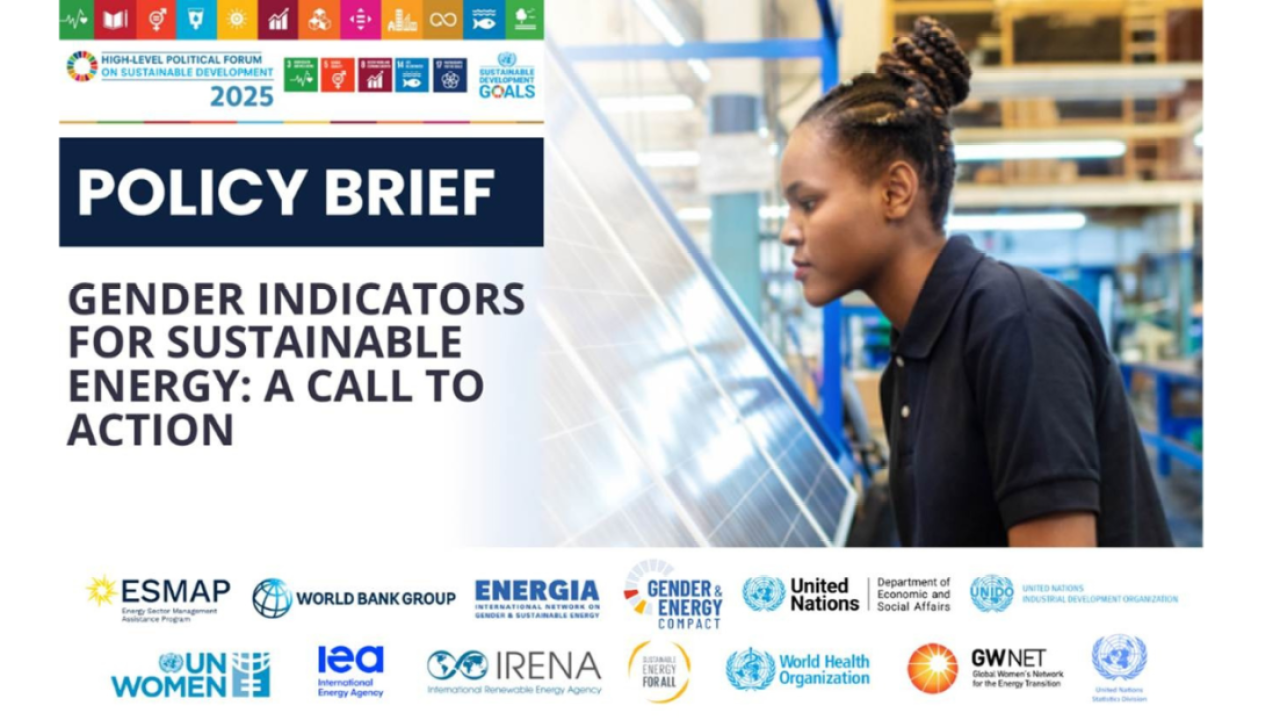Date: 24 March 2022
Location: Online
Short report with the main take-aways of this event: here.
Both the Arab region and Europe are committed to increase gender empowerment, to create quality jobs and professional opportunities and to successfully transit towards greener economies. These are endeavours that would benefit from greater cooperation within and among regions. In the intersection between these challenges, women economic empowerment (including women entrepreneurship) emerges as an area with great potential for transformative impact in their respective societies and also for international cooperation.
There is a growing awareness at the global level of the importance of women economic empowerment and gender parity which are key factors in reaching gender equality within the professional sphere. Two Sustainable Development Goals (SDGs) highlight this; SDG 8 which aims to “achieve full and productive employment and decent work for all women and men, including for young people and persons with disabilities, and equal pay for work of equal value” and SDG 5 with the goal of “achieving gender equality and empowering all women and girls”.
On a regional level and within the framework of Cairo Declaration for Arab Women “The 2030 Development Agenda for Women in Arab Region”, and the EU-UN Women joint programme “Spring Forward for Women”; the League of Arab States – Women, Family and Childhood Department (LAS WFCD), the European Union (EU) and UN Women have joined efforts in a partnership that enabled the establishment of the Arab Women’s Economic Empowerment Network named “Khadija”. The network acts as a channel to exchange knowledge and advocate for gender-balanced approaches in the regional economy. The network comes within a broader vision to accelerate the participation of women in the regional workforce and improve economic performance.
The magnitude of the impact of climate change calls for revisiting support to women economic empowerment both in the Arab world and in Europe. Climate change is deeply affecting the economy yet is also opening new economic opportunities with the growing importance of the green economy. However, the deep-seated crossroads of gender inequality and climate change as key links to achieving the SDGs are not yet robustly understood. While some evidence exists on the intersecting nature of SDG 5 and 13, more work is required to leverage the co-benefits between climate action and gender equality in order to effectively implement any approach. Across societies the impacts of climate change affect women and men differently. In developing countries, specific challenges include that woman are often responsible for gathering and producing food, collecting water and sourcing fuel for heating and cooking. With climate change, these tasks are becoming more difficult. Extreme weather events such as droughts and floods have a greater impact on the poor and most vulnerable – 70% of the world’s poor are women. Despite women being disproportionately affected by climate change, they play a crucial role in climate change adaptation and mitigation. Women have the knowledge and understanding of what is needed to adapt to changing environmental conditions and to come up with practical solutions. But they are still a largely untapped resource. Restricted land rights, lack of access to financial resources, training and technology, and limited access to political decision-making circles often prevent them from playing a full role in tackling climate change and other environmental challenges. Allowing women participation in decision making represents an important opportunity for contributing to effective climate change solutions for the benefit of all.
Against this backdrop, the Arab Declaration on the CSW 66 adopted by Arab Women Committee (S,41) emphasized on the enhancing women’s economic resilience and decent employment in the context of climate mitigation, adaptation and the green economy, targeting the most vulnerable women, to achieve sustainable development.
This policy dialogue aims at contrasting the debates and priorities in the Arab region and those in the EU. It also aims to specifically look into the matter of revamping policies and initiatives to support women economic empowerment in light of the evolving situation generated by climate change and its wide-ranging consequences on economic sectors. The outcome of the policy dialogue will consist in a series of action-oriented proposals that could be followed-up at Euro-Arab level. These ideas will be incubated collectively with the group of stakeholders participating in the event.
This event will take place in the framework of the El-Hiwar II project which aims to strengthen dialogue, cooperation, and collaboration between key regional actors in Euro-Arab relations. It will consist of a series of online roundtable discussions amongst a group of officials from the EU and League of Arab States, Members of Khadija Network and member states, researchers, business communities, civil society organisations, as well as partnering regional and international institutions.







